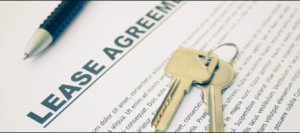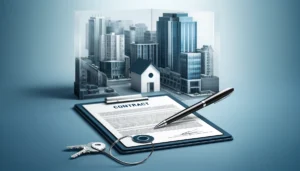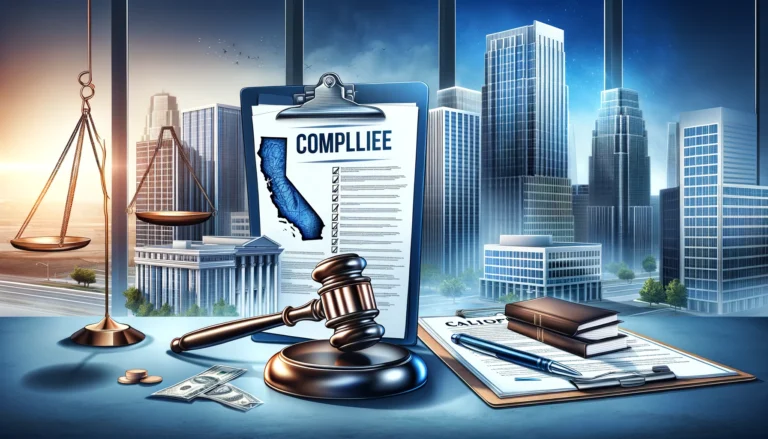Introduction
Signing a commercial lease is a big step for any business, whether you’re opening your first location or expanding into a new market. But before you put pen to paper, there are several key factors to consider to ensure you’re making the best decision for your business. Let’s dive into the essentials you need to know.
Location, Location, Location
This might seem obvious, but the location of your business can make or break its success. Consider the following:
- Foot Traffic: Is there enough pedestrian traffic to bring in customers?
- Accessibility: Is it easy for customers, clients, and suppliers to reach you?
- Competition: Are there complementary businesses nearby, or too many competitors?
Lease Term: Short or Long?
The length of your lease term is crucial. Think about your business plans and market conditions:
- Short-term leases offer flexibility, which is great if you’re testing a new market.
- Long-term leases can provide stability and sometimes lower rates, but they’re a bigger commitment.
Rent and Additional Costs

Rent is more than just the monthly payment. Be sure to consider:
- Base Rent: The primary cost of leasing the space.
- CAM Charges (Common Area Maintenance): Fees for shared spaces like lobbies or parking lots.
- Utilities: Are they included or separate?
- Insurance and Taxes: Understand who is responsible for these costs.
Condition of the Property
Inspect the property thoroughly:
- Existing Damage: Note any pre-existing damage and ensure it’s documented.
- Necessary Repairs: Who is responsible for repairs and maintenance?
- Fit-Out Costs: Consider the cost of customizing the space to fit your business needs.
Use Clause
The use clause specifies what activities can take place in the leased space:
- Permitted Use: Ensure your business activities are allowed.
- Exclusive Use: Can you secure exclusive rights to operate a specific type of business within the property?
Modification and Subleasing

Your business needs might change, so consider:
- Alterations: What modifications are you allowed to make to the space?
- Subleasing: Can you sublease the space if you need to downsize or relocate?
Termination and Renewal Options
Understand the terms around ending or extending your lease:
- Early Termination: Are there penalties for breaking the lease early?
- Renewal Terms: Can you renew the lease, and at what rate?
Zoning Laws and Regulations
Ensure the property complies with local zoning laws:
- Zoning Compliance: Verify the property is zoned for your type of business.
- Regulatory Requirements: Are there any special permits or licenses required?
Landlord Reputation
The relationship with your landlord can significantly impact your experience:
- Landlord’s History: Research the landlord’s reputation and how they handle tenant issues.
- Response to Repairs: How quickly do they respond to maintenance requests?
Legal Review
Finally, never sign a lease without having it reviewed by a legal professional:
- Attorney Review: A lawyer can spot potential issues and ensure your interests are protected.
- Negotiation: They can also help negotiate better terms or clarify ambiguous clauses.
Conclusion
Signing a commercial lease is a significant commitment, so take your time to understand all the terms and conditions. Thoroughly researching and considering these factors will help you make an informed decision that sets your business up for success. And remember, when in doubt, seek professional advice to ensure you’re making the best move for your business.





